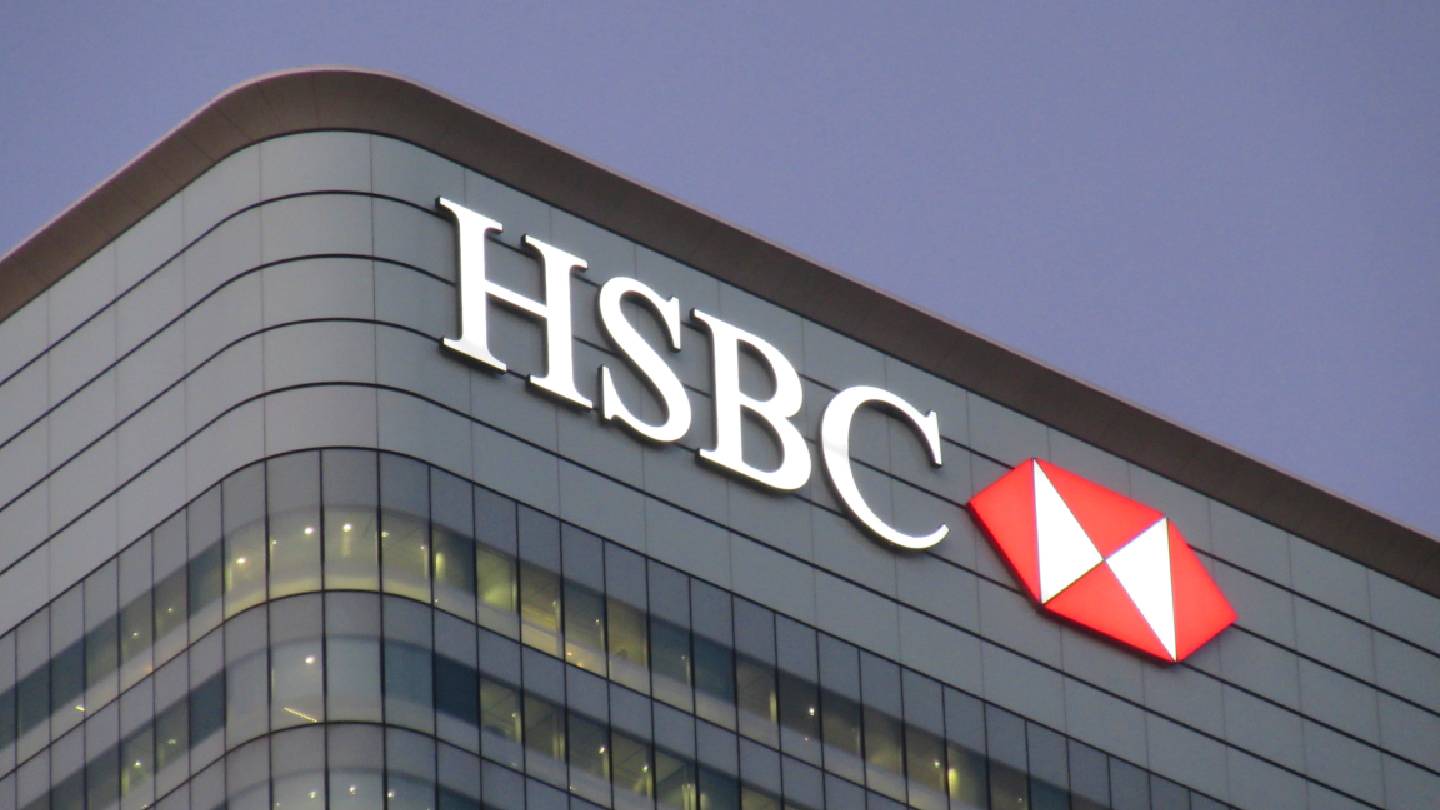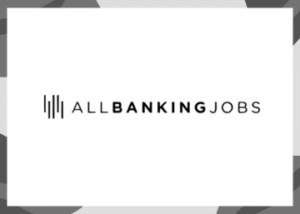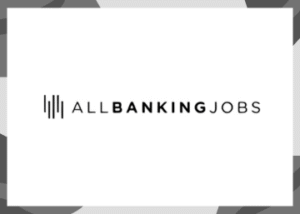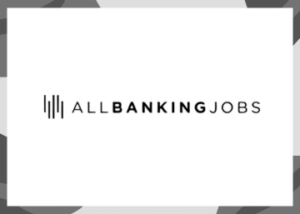HSBC Proposes Privatisation of Hang Seng Bank
In an unprecedented move, HSBC has proposed a plan to privatise Hang Seng Bank, one of the primary banking institutions in Hong Kong. The deal, which involves HSBC’s subsidiary HSBC Asia Pacific, is estimated to be worth HK$106.1bn ($13.63bn). The proposal outlines a plan for HSBC Asia Pacific to acquire all remaining Hang Seng Bank shares currently held by minority shareholders at a rate of HK$155 ($19.92) per share. The proposed acquisition is expected to result in the delisting of Hang Seng shares from the Hong Kong Stock Exchange.
Valuation and Strategic Priorities
The offer from HSBC reflects a 33% premium over the undisturbed 30-day average closing price of HK$116.5 ($14.9), effectively valuing Hang Seng at an impressive HK$290bn ($37.2bn). The valuation outranks comparable peers in Hong Kong, which, according to HSBC, is a testament to its confidence in the proposal’s fairness and potential attractiveness. HSBC Group CEO, Georges Elhedery, has reassured stakeholders that the bank will maintain Hang Seng’s brand heritage and distinct customer proposition, even as it seeks to invest and unlock new strengths in products, services, and technology to deliver more choice and innovation for customers.
Impact on Hong Kong’s Economy
Elhedery stressed the significance of the proposed deal for Hong Kong’s economy, stating that the offer represents a substantial investment that underscores HSBC’s confidence in Hong Kong as a leading global financial centre. He also highlighted Hong Kong’s key role as a super-connector between international markets and mainland China. HSBC has made it clear that the proposed offer is final and will not be increased. This move is in line with the bank’s strategic priorities.
Benefits for Hang Seng Shareholders
For Hang Seng shareholders, the proposal offers immediate cash returns, allowing them to benefit from HSBC’s investment without the need to wait for future dividends. The bank has clarified its intention to retain Hang Seng’s distinctive identity and operations, ensuring continued access to products and services for existing customers. HSBC aims to finance the transaction using its own resources, with an expected initial capital impact of approximately 125 basis points.
HSBC’s Future Projections
Upon the successful closing of the transaction, HSBC anticipates restoring its Common Equity Tier 1 (CET1) ratio to its target operating range of 14.0%-14.5%. The bank has also confirmed that it will not initiate further share buybacks for three quarters, although a previously announced buyback will proceed as planned. HSBC has projected a dividend payout ratio of 50% of earnings per ordinary share for 2025, excluding material notable items.
This proposed acquisition aligns with HSBC’s strategy, enhances growth and scale, does not distract from organic growth, and delivers greater shareholder value than buybacks, according to Elhedery. He believes that HSBC and Hang Seng will form a well-positioned platform with two iconic banking brands working collaboratively to deliver lasting value for customers, employees, and shareholders.
Earlier this year, Hang Seng Bank announced a restructuring initiative that would result in job losses for approximately 1% of its core workforce.
Source: Here






